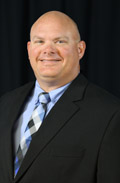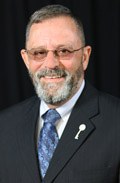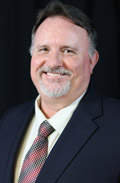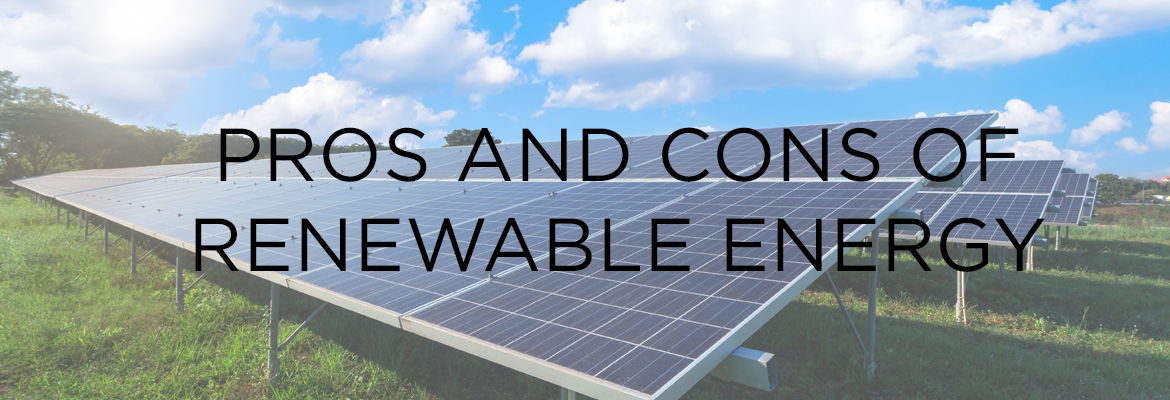Energy Insider – 2nd Quarter 2022
Renewable energy is beneficial. Advocates believe in harnessing the natural environment to produce electricity for our everyday lives. You may have heard that renewable energy doesn’t harm the planet or nature or contribute to climate change. Is that really the case? This article aims to shed light on not only the benefits, but also some of the prevailing consequences of renewable energy. To have an open dialogue, we must understand that everything has advantages and disadvantages. This article is not meant to support or oppose either side of the energy debate but rather to show the pro et contra (pros and cons) of renewables and the factors to consider when reviewing this type of generation.
Solar photovoltaic (PV) technology began in the mid-1800s and has continued to develop. A technology with zero moving parts that generates electricity is a scientific marvel. Today, you find houses and businesses with rooftop solar or solar fields along highways in Florida with hundreds of panels occupying acres of land meant to produce electricity. Utilities, businesses, and homeowners alike can invest in the energy source and upfront the cost of electricity production. When the sun rises and shines on the solar panel system, it produces electricity. It subsidizes a portion of and sometimes meets daily energy needs. In most cases, minimal maintenance is required after installation. Monitoring systems are available to track hourly, daily, monthly and yearly energy production.
The concerns about solar PV systems are multifaceted. Environmentally speaking, harmful substances such as lead, cadmium, silicon tetrachloride and other chemicals are used to produce solar panels. These are not only toxic to humans but are environmentally unhealthy as well. Mining raw earth for toxic elements exposes miners to dangerous substances as well.
The top concern environmentally, however, is disposing solar panels after they have reached the end of their useful life. Recycling this product is a task that is discussed more often as more systems are being sold and installed globally. The International Renewable Energy Agency (IRENA) indicates that the total waste could be up to 78 million tons by 2050. This doesn’t mean that recycling these materials cannot be done beneficially. Still, rather solar recycling is not economically viable at this point.
Another concern about PV systems is their efficiency. In general, solar PV systems are 15 – 22 percent efficient. This leaves a lot of room for improvement. The sun does not shine all day; some days, it may not shine on the solar panels due to cloud coverage. We lack the ability to control the amount of sunlight on solar panels. Because of this lack of control, we must explore other means to produce and/or store energy to fill in the gaps and compensate when production is at a minimum.
If you choose to incorporate PV generation in large-scale power production, our advice is to design the system as a supplement and not the main producer. A solar system without utility-backup is only feasible if batteries are used as a storage system for excess energy produced during daylight hours. This will create another set of factors for consideration.
Instead of planning to use renewable energy as a sole means of production, it is best to diversify your approach. Renewable energy has advantages and disadvantages. Weigh the cost benefits and the cons of renewable energy before moving forward.
![]()

JEFF LIGHT
Manager of Key Accounts & Revenue Programs
OFFICE: (352) 569-9787
CELL: (352) 250-2863
jeff.light@secoenergy.com

HANK BOLDUC
Key Accounts Consultant
OFFICE: (352) 569-9789
CELL: (352) 303-3546
hank.bolduc@secoenergy.com

RYON MEYERS
Key Accounts Consultant
OFFICE: (352) 569-9781
CELL: (352) 636-9593
ryon.meyers@secoenergy.com

DUSTIN MERRITT
Key Accounts Consultant
OFFICE: (352) 569-9782
CELL: (352) 303-3183
dustin.merritt@secoenergy.com




